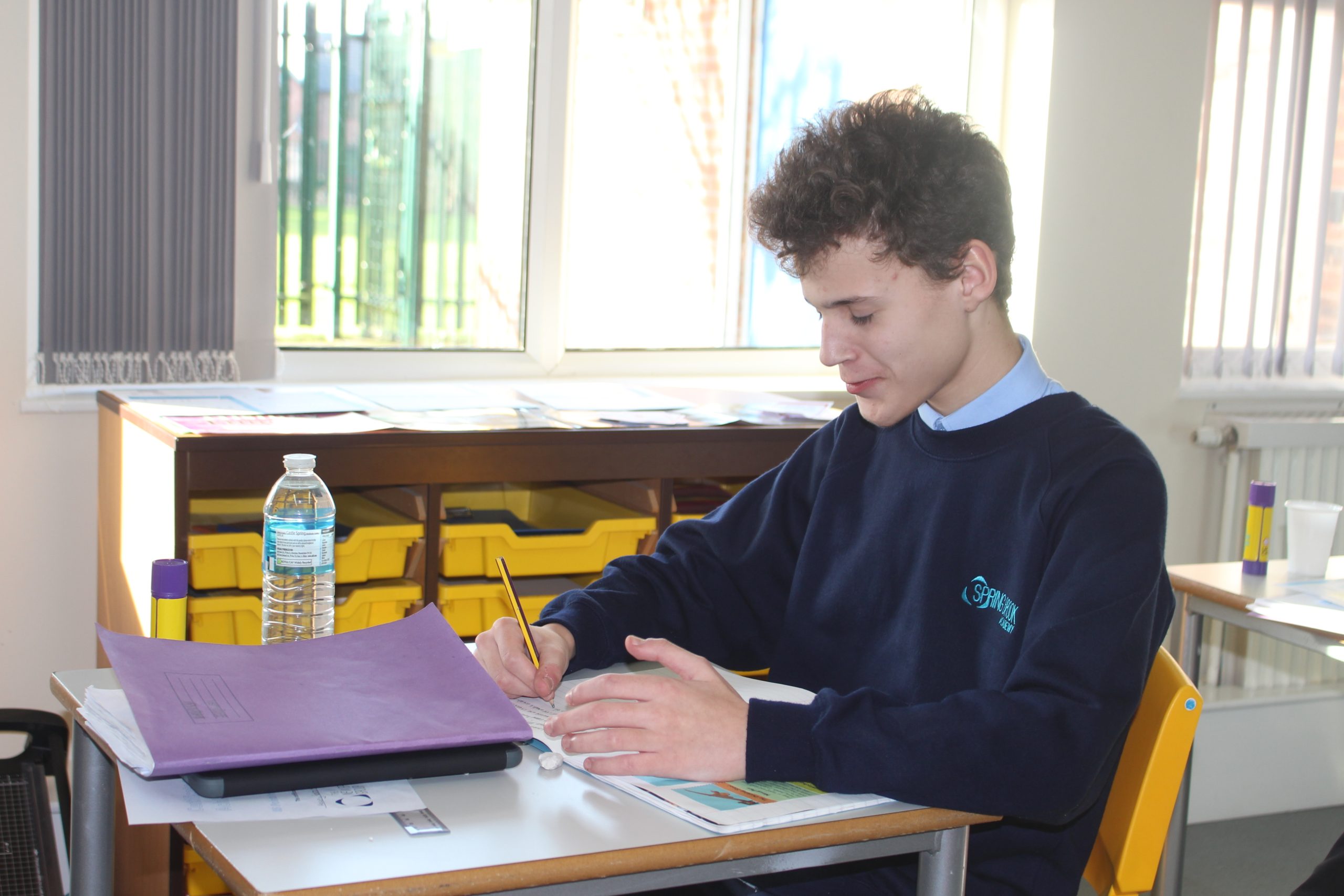Learning for Life

“If you don’t like the road you’re walking, start paving another one.”
Dolly Parton
At Spring Brook Upper we aim for all of our pupils to develop Life Skills, which enable them to lead fulfilling lives working with support in their communities, or being independent.
At Spring Brook Upper, our Learning for Life curriculum enables pupils to make progress towards their EHCP outcomes with designated activities designed to:
• Give pupils a wider experience of social situations
• Allow pupils to develop their understanding of consequences within social situations
• Encourage pupils to plan their actions with awareness of boundaries and consequences
• Encourage pupils to take turns in conversations
• Develop the emotional vocabulary of pupils
• Give pupils confidence in a wider range of situations
• Encourage pupils to be as independent as possible, with self-care and life skills helping them to progress to being independent
• Give pupils opportunity to problem solve in a range of contexts, both familiar and unfamiliar
• Develop pupils’ awareness and experience of their own culture and others
• Build confidence and self-esteem
Learning for Life Lessons at Spring Brook Lower
Our Learning for Life curriculum is delivered through 2 timetabled sessions per week, delivered by class teachers, and additionally through our Friday afternoon programme in which pupils select from a range of activities.
Intent, Implementation and Impact
More details on the intent, implementation and impact of our Learning for Life Curriculum can be viewed by following this link:
Spring Brook Upper Learning for Life Curriculum Intent
Assessment
Pupils will make demonstrable progress against their EHCP Outcomes and step targets.
Progress towards step targets is evidenced through portfolios held on the school’s Dashboard system.
Pupils will have Learning for Life journals held on Showbie or physical paper journals recording incremental progress towards step targets.
Progress towards broader EHCP Outcomes is reviewed and assessed on a half termly basis.
Attendance data, behaviour data, and other collated information contributes towards a holistic view of our pupils’ overall wellbeing.
Where appropriate, external providers including Speech and Language Therapy or Educational Psychology may be referred to in order to gain a holistic picture of pupils’ progress.
Our Assessment Tool is Dashboard, which breaks down learning into small, accessible and achievable steps.





